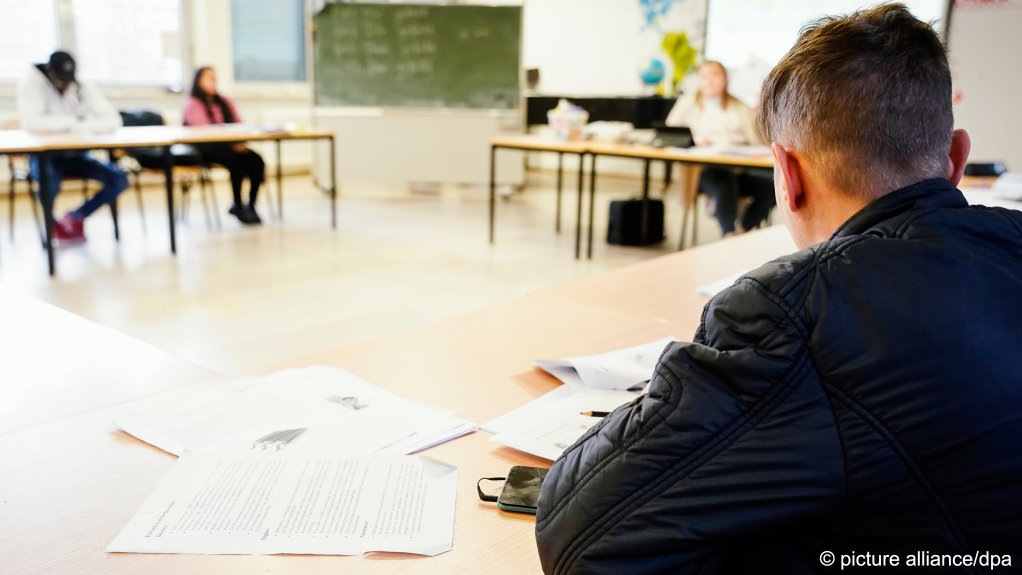The newly formed government has laid out its migration policy framework, which emphasizes curbing irregular migration and improving migrant return mechanisms. The government says it reserves the right to suspend asylum applications in the event of a "significant increase" in refugee numbers.
Austria's new coalition government plans to immediately halt family reunifications for refugees "temporarily with immediate effect" while seeking changes to the European Union’s family reunification regulations.
The new government is also considering a ban on headscarves for girls up to the age of 14.
The ban is being drafted to protect young girls "from segregation and oppression," according to the coalition.
The newly formed government has laid out a 211-page program, which was presented in Vienna and published on Thursday (February 27), detailing key policy initiatives in various areas, including migration policy.
Austria's new government to crack down on migration
The conservative Austrian People's Party (ÖVP), the centre-left Social Democratic Party (SPÖ) and the liberal NEOS on Thursday reached an agreement to form a new coalition government, effectively excluding the far-right Freedom Party (FPÖ) despite its first-place finish in the parliamentary elections held in September.
Each party has contributed policy measures that reflect their respective priorities. The conservative People's Party has emphasized immigration and security, issues that also resonate with the FPÖ. Meanwhile, the Social Democrats have advocated for higher taxes on the wealthy and corporations, while the NEOS have pushed for tax cuts and pension reforms.
Read AlsoAustria: Criticism over dialect courses for asylum seekers

Changes in migration and refugee policy
The new government has said it will support agreements with third countries to control irregular migration and improve the process of protection and return. Austria will also oppose accepting additional asylum seekers through the EU’s relocation or resettlement program until the bloc secures its external borders.
Additionally, the government intends to expand its legal authority to confiscate asylum seekers' belongings upon arrival, except for personal items, to help offset their maintenance costs.
According to the new policy framework, asylum seekers will only have a pathway to Austrian citizenship if they learn German and "integrate successfully." Furthermore, Austria reserves the right to suspend asylum applications in the event of a "significant increase" in refugee numbers.
The coalition has also said it wants to house rejected asylum seekers in separate return procedure centres in the future to prevent them from absconding. Humane conditions and special attention to the needs of minors would be taken into account, according to the new government.
With dpa and Reuters
